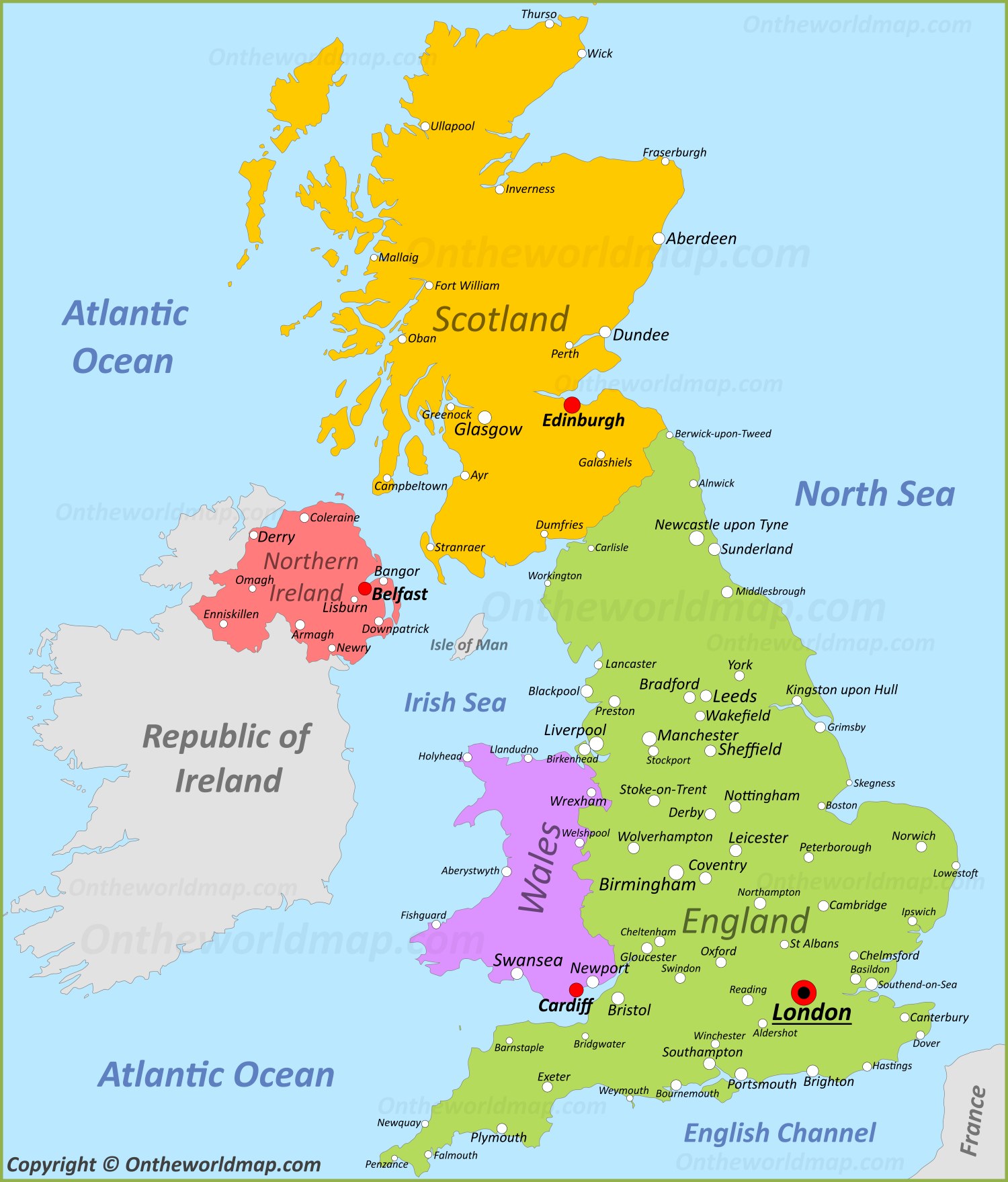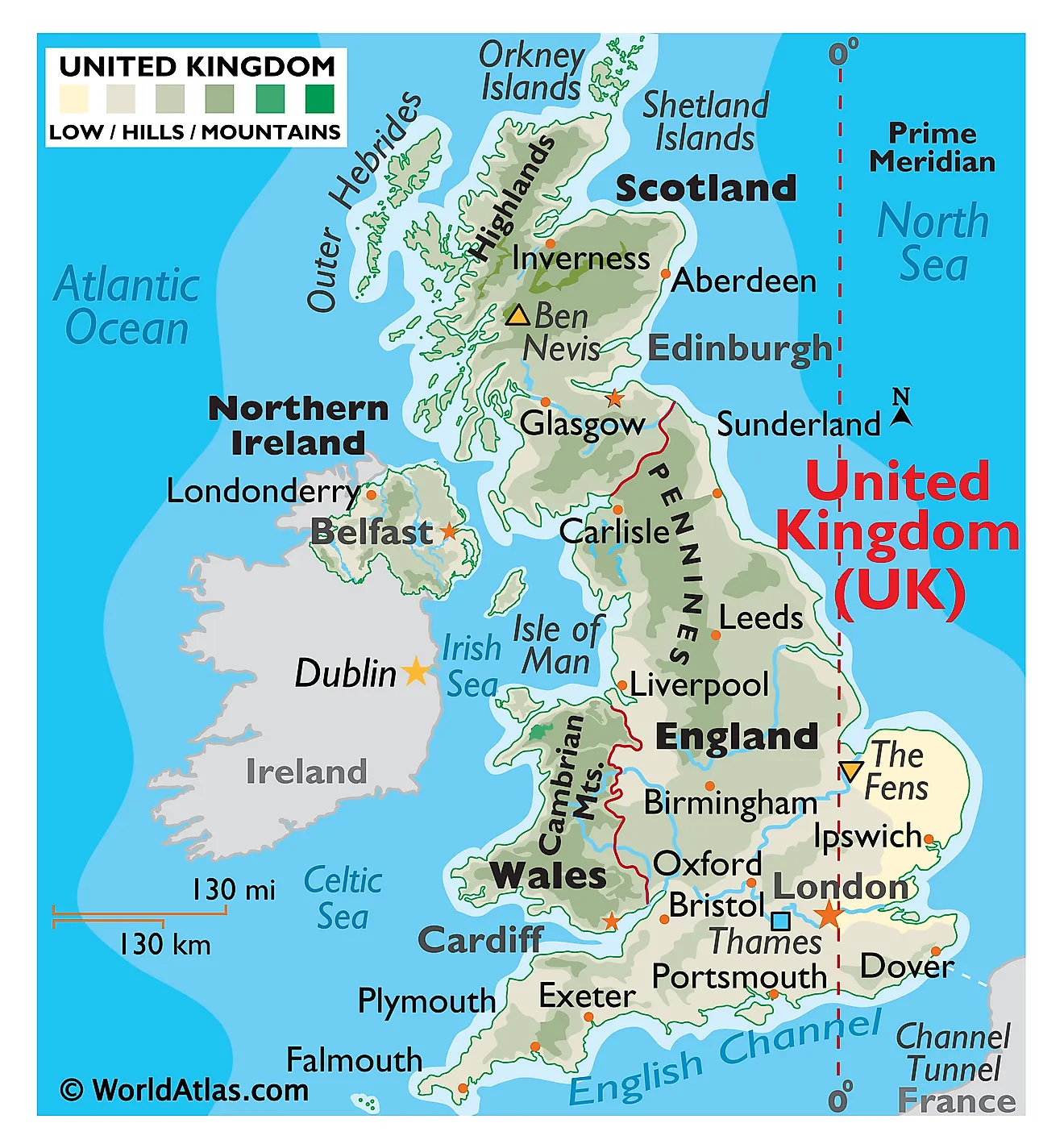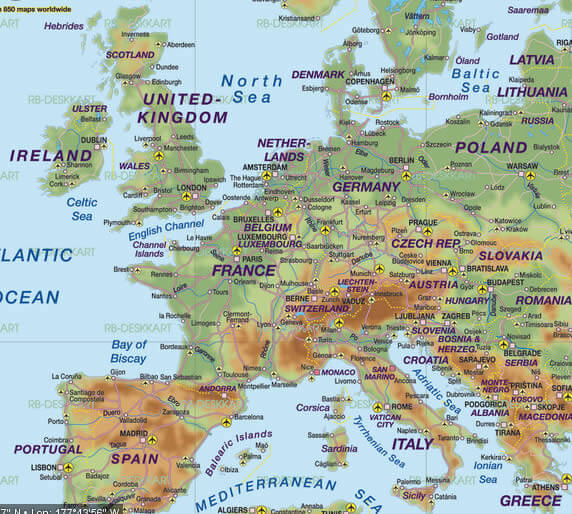Navigating the Complexities of the United Kingdom’s European Context: A Comprehensive Guide
Related Articles: Navigating the Complexities of the United Kingdom’s European Context: A Comprehensive Guide
Introduction
With enthusiasm, let’s navigate through the intriguing topic related to Navigating the Complexities of the United Kingdom’s European Context: A Comprehensive Guide. Let’s weave interesting information and offer fresh perspectives to the readers.
Table of Content
Navigating the Complexities of the United Kingdom’s European Context: A Comprehensive Guide

The United Kingdom, a nation comprised of England, Scotland, Wales, and Northern Ireland, occupies a unique and often complex position within the European landscape. Understanding its relationship with the continent requires a nuanced approach, encompassing historical ties, political realities, and ongoing cultural connections. This article aims to provide a comprehensive overview of the United Kingdom’s geographical location and its intricate relationship with the European Union, exploring its historical context, political implications, and the impact on its people.
A Geographical Perspective:
The United Kingdom, an island nation situated off the northwestern coast of mainland Europe, is geographically separated from the continent by the North Sea and the English Channel. This geographical isolation, while promoting a sense of national identity, has also fostered a dynamic relationship with its European neighbors throughout history.
Historical Intertwining:
The United Kingdom’s relationship with Europe is deeply intertwined with its historical development. The British Isles have long been a crossroads of cultures and trade routes, with influences from mainland Europe evident in its language, art, and architecture. From the Roman Empire’s influence on Britain to the Norman Conquest, the nation’s history is inextricably linked with its continental neighbors.
The European Union and the United Kingdom:
The United Kingdom’s relationship with the European Union, a political and economic union of European states, has been a subject of intense debate and change. The UK joined the European Economic Community (EEC), the precursor to the EU, in 1973, seeking economic integration and closer ties with its continental partners. However, the UK’s membership was often marked by tension, with the country expressing reservations about aspects of the EU’s political structure and economic policies.
Brexit: A Turning Point:
In 2016, the UK held a referendum on its membership of the European Union, resulting in a vote to leave. This decision, known as Brexit, triggered a complex and multifaceted process of withdrawal, culminating in the UK’s formal departure from the EU on January 31, 2020.
The Impact of Brexit:
The implications of Brexit on the United Kingdom and its relationship with Europe are far-reaching and continue to unfold. The UK’s exit from the EU has led to changes in trade, immigration, and political structures, impacting various aspects of life in the nation. The ongoing negotiations surrounding the UK’s future relationship with the EU highlight the complexities and uncertainties that remain.
Navigating the Future:
Despite Brexit, the United Kingdom remains geographically, culturally, and historically connected to Europe. The nation’s future relationship with the continent will undoubtedly continue to evolve, driven by economic, political, and social considerations. Understanding the intricate dynamics of the UK’s relationship with Europe is crucial for comprehending its place in the world and navigating the challenges and opportunities that lie ahead.
FAQs on the United Kingdom’s European Context:
1. What is the geographical location of the United Kingdom in relation to Europe?
The United Kingdom is an island nation located off the northwestern coast of mainland Europe. It is separated from the continent by the North Sea and the English Channel.
2. What are the historical connections between the United Kingdom and Europe?
The British Isles have long been a crossroads of cultures and trade routes, with influences from mainland Europe evident in its language, art, and architecture. The Roman Empire, the Norman Conquest, and various other historical events have shaped the UK’s relationship with its continental neighbors.
3. What is the significance of the UK’s membership in the European Union?
The UK joined the EEC in 1973, seeking economic integration and closer ties with its European partners. However, its membership was often marked by tension, with the country expressing reservations about aspects of the EU’s political structure and economic policies.
4. What are the key aspects of Brexit and its impact on the UK?
Brexit refers to the UK’s decision to leave the European Union, triggered by a referendum in 2016. The UK’s exit has led to changes in trade, immigration, and political structures, impacting various aspects of life in the nation.
5. What are the ongoing challenges and opportunities for the UK in its post-Brexit relationship with Europe?
The UK’s future relationship with Europe remains complex and uncertain, with ongoing negotiations surrounding trade, immigration, and other key aspects of their partnership. The UK faces the challenge of navigating its new relationship with the EU while also seeking opportunities for economic growth and global engagement.
Tips for Understanding the United Kingdom’s European Context:
- Explore historical resources: Delve into historical accounts and analyses to understand the long-standing connections between the UK and Europe.
- Engage with contemporary news and analysis: Stay informed about current events and expert opinions on the UK’s relationship with the EU.
- Consider different perspectives: Explore a range of viewpoints on Brexit and its impact on the UK and its relationship with Europe.
- Engage in discussions: Participate in discussions and debates on the topic to gain insights from different perspectives.
- Travel and experience firsthand: Visiting Europe can provide a deeper understanding of the UK’s cultural and historical ties with the continent.
Conclusion:
The United Kingdom’s relationship with Europe is a complex and evolving narrative, shaped by historical ties, political realities, and ongoing cultural connections. While Brexit has marked a significant shift in the UK’s relationship with the EU, the nation remains geographically, culturally, and historically connected to the continent. Understanding the intricacies of this relationship is essential for comprehending the UK’s place in the world and navigating the challenges and opportunities that lie ahead.








Closure
Thus, we hope this article has provided valuable insights into Navigating the Complexities of the United Kingdom’s European Context: A Comprehensive Guide. We thank you for taking the time to read this article. See you in our next article!